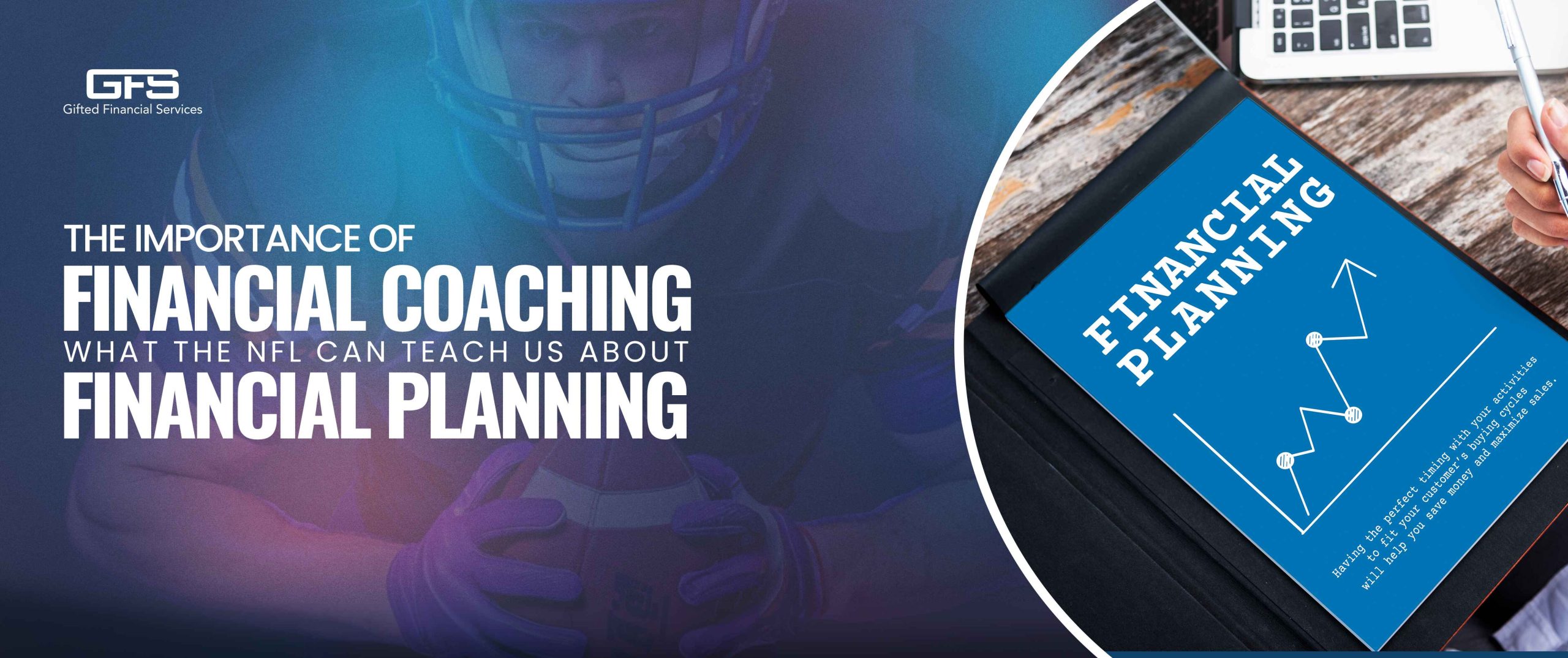If you have ever missed any payment on your credit card or loan, you know the sinking feeling that follows. It is an easy mistake but can have grave consequences, including higher interest rates and late fees. If you fail to make the payment for more than 30 days, it can also lower your credit score.
Now, credit late payment removal is something that you can do to keep your credit score ranges up. However, it is not as easy as it sounds, but it is possible. If you wish to remove that negative mark from your credit history, then read this guide. Here is how to delete late payments from credit report to improve your bad credit score.
How To Remove Late Payments From Credit Report?
Credit bureaus and lenders can only delete unverifiable or inaccurate information from a credit report. This means that legitimate payments cannot be removed, regardless of how many online articles suggest you do so. You can wait it out, and if you are thinking, “How to remove 30-day late payment from credit report,” then negative information, such as late payments, usually stays on your credit report for seven years.
This might look like a long time but a few thuds in the road might smoothen out with time. If you get your payments back on track, your score might go back up regardless of one or two late payments. Keep in mind creditors usually consider your entire history while looking at your credit report, not only the faults.
Even if you know the late payment on your credit report is valid, it is a great idea to request a new copy of your credit report after a few months to ensure the road ahead remains smooth. Remember, actively staying on top of payments is the key to moving forward. Now, back to the question.
Steps Of How To Remove Missed Payments From Credit Report
Let us say you observe a dip in your credit score that you do not understand. How can you fix it? What can you do to remove late payments? Getting a copy of your credit reports is the perfect way to figure out what is going on. You can get your credit reports all in one place by signing up for Gifted Financial Services.
Next up, look the reports over for any mistakes concerning your payment dates, personal information, and account statuses, for instance. Mistakes can happen. If the ding in your bad credit score looks to be from an incorrect late payment on credit report, it needs to be removed or fixed. In order to get a false payment removed from your credit report, you can:
-
File A Dispute With The Bureau
Credit score monitoring services, such as Gifted Financial Services, offer tools for you to write a late payment dispute letter. This process involves describing every issue and giving any proof that you have.
-
Send A Dispute Letter To The Lender
Send a letter explaining to your creditor what is wrong with your report. You can also seek services from experts from Gifted Financial Services. These experts can even dispute late payment on credit report to convince the bureaus.
-
Re-Dispute
If the bureau does not resolve this dispute in your favor, you can send in another dispute along with acceptable reasons for late payments on the credit report. Moreover, do not forget to add additional relevant documentation.
-
Provide A Statement Of Dispute
In the end, if the bureau does not agree to the late payment removal, you have the right to add a statement to your credit report explaining why you disagree with something in it. This statement will be visible whenever anyone views your credit report.
-
File A Complaint With The CFPB
You can submit your issue to the CFPB, which will try to work it out. They try to get you a response in only 15 days. You can conduct your research on how to get late payments removed from your credit report and how to deal with the situation expertly.
The Effects Of Late Payments
A few late payments may not seem like a lot, but it might be a problem for lenders. Missed payments on your report can raise your concern about the borrower’s financial responsibility. Moreover, the borrower might, therefore, be seen as a risk. But this is not all; late payments might also lead to:
-
Penalty APRs
After about two months without payment, credit card issuers might charge penalty APRs as high as 29.99%, which can stay in effect for up to six months after on-time payment resumes. There are many credit score services, such as Gifted Financial Services, to help you with the matter.
-
Credit Score Drops
FICO credit scores consider past payment history to be the most important factor when determining your score; it counts for 35% of the total credit score. A payment missed for an entire day billing cycle will most likely be reported to the major credit bureaus and appear on their reports. Sadly, the better your score is, the more damage a missed payment might do.
-
Late Fees
Late payment fees have been lowered from $32 to $8 by the CFPB. Moreover, the good news is if you pay off your statement balance or make your credit card minimum payment before the next billing cycle, my credit score typically would not drop, and the negative information won’t show up on your credit report.
The Takeaway
There are ways through which you can remove late payments from your credit report to help improve your credit score. However, if a payment is late authentically, it cannot be removed legally, regardless of how much you try. The good news is that missing one payment or two is most unlikely to hurt your credit score much, particularly if you have a brief history of on-time payments. By now, we are sure that you are aware of how long late payments stay on credit report and what you can do to remove them. If you need any help regarding your credit scores or reports, then seek help from the experts of Gifted Financial Services.









